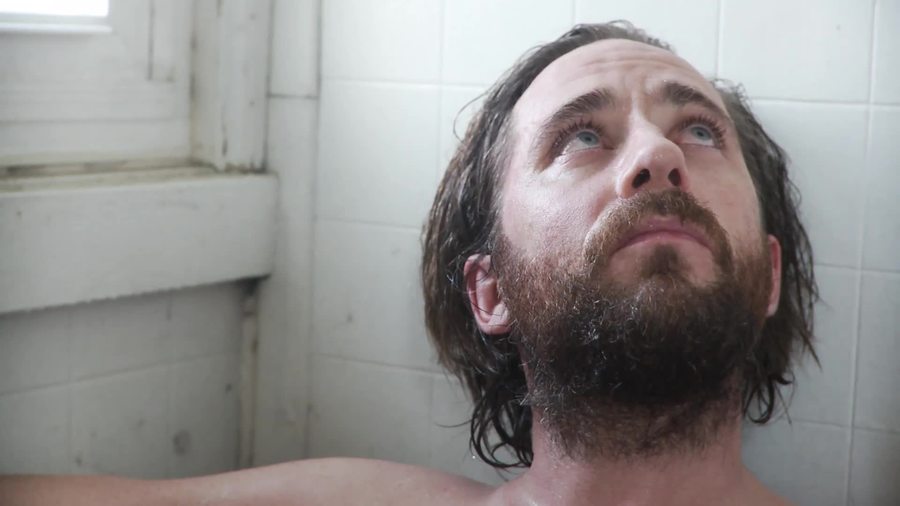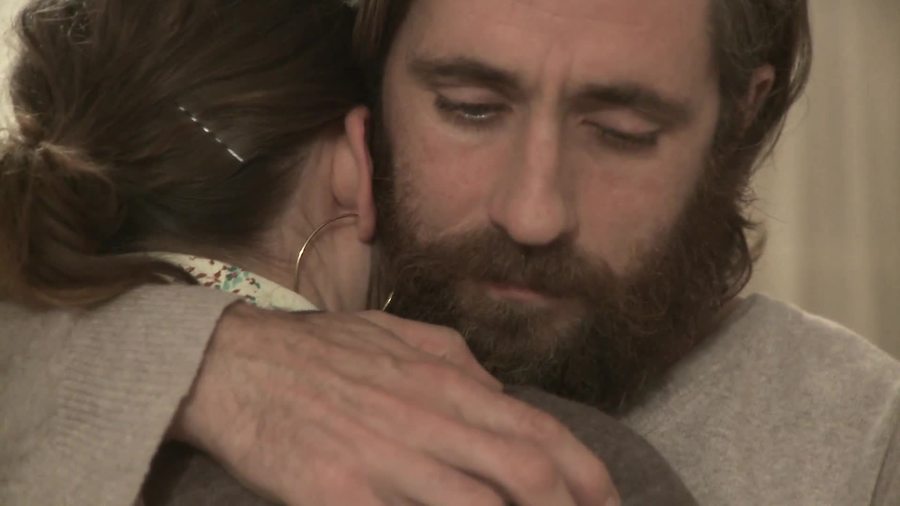One of the most distinctive comedies in recent years is a film that might not even be a comedy. . .even though it is boldly titled as such. (And Alverson takes a similar tack with the titling of his latest, Entertainment.) The Comedy stars Tim Heidecker of the comic duo Tim and Eric, playing a man who moves through life shielded in layers of irony. It’s the kind of humor that dominates pop culture in the Internet age, where everything can be ridiculed and nothing seems genuine. Heidecker’s character is a product of this age, and he uses sarcastic, absurdist humor as a stick to poke at the boundaries of his world and the people in it. In other words, it’s an expression of his alienation. His obnoxiousness is a way to challenge his core sense of emptiness, but it ends up reinforcing it at the same time.
The Comedy is directed by Rick Alverson, who has a gift for undermining his characters’ efforts to be funny. He hangs onto their moments of comic cool just a little bit longer than most directors, extracting discomfort like a dentist pulling teeth. He’s clearly a skeptic of the disposable good times of our age. His use of camera and music can make harmless pastimes like wiffle ball and bike riding seem vapid and desperate.
The Comedy put Alverson on the map, but it’s not his first film. His debut feature, The Builder, offers an illuminating counterpoint to The Comedy; it too is about a man dealing with a case of existential emptiness. But the film’s approach is genuine in ways that The Comedy isn’t. The film follows an Irish immigrant carpenter as he sets out to build a house. Very quickly, the man seems to lose his way, caught in a fog of daily trivialities and tenuous relationships with friends and family. What’s real to him becomes the defining question of the film, and it’s reflected in the film’s style, one of unsteadiness and ambivalence, as if each scene might evaporate at any moment–and they often do, with a sudden cut to black.
The most tactile moments are ones involving the builder’s hands, whether he’s at work on the house, or just doing house chores. The two most moving scenes are with two women in his life. A meeting with his mother, where we can feel a connection through their body language, but we can’t hear what they’re talking about. Another scene involves an embrace between him and his brother’s wife that’s filled with emotion, but also forbidden. Even the most solid moments feel unstable. We’re left with a soul in perpetual search for a home.
Kevin B. Lee is Chief Video Essayist at Fandor. He has made over 250 video essays exploring film and media. His award-winning “Transformers: The Premake” was named one of the best documentaries of 2014 by Sight & Sound Magazine and played in several festivals including the Berlinale Film Festival Critics Week. Follow him on Twitter at @alsolikelife.





